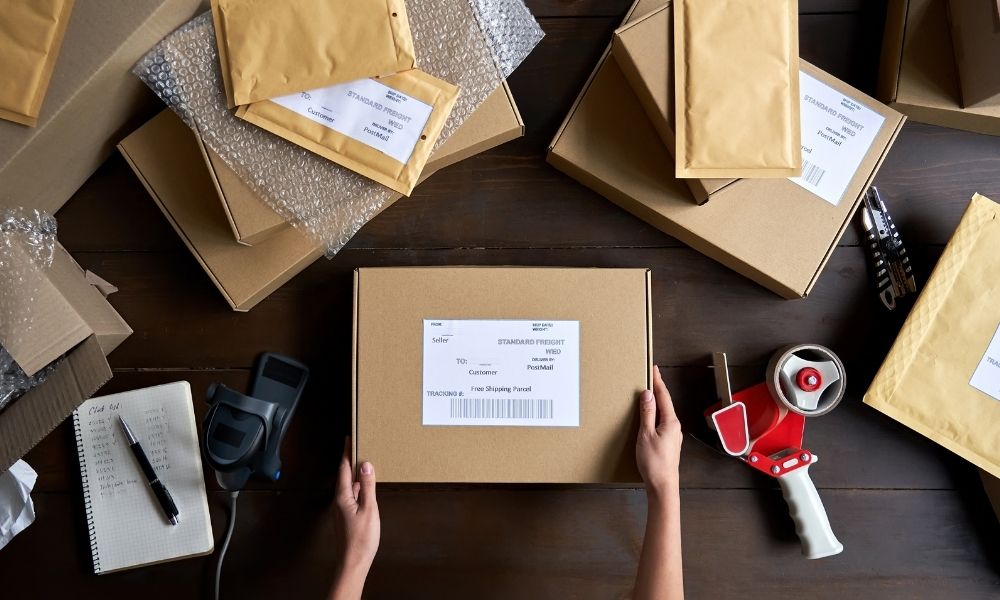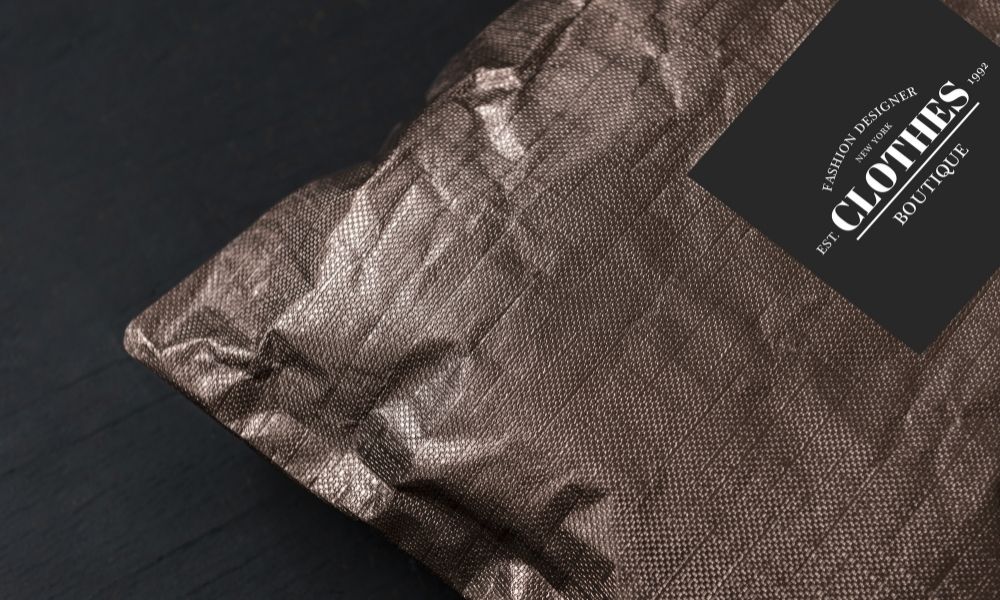If you do most of your business by mail, you should know that the packaging your product arrives in says a lot about your company before it’s even opened.
Picking the right packaging ensures your products stay protected during transit. Plus, packaging allows opportunities for branding your goods and services.
But what are the specific types of packaging out there, what are their pros and cons, and how can they best serve you? Here’s a guide to the types of packaging used for shipping, starting with what might seem like an obvious question.
Why Do We Need Packaging?
Naturally, packaging provides protection – keeping your product from being crushed or damaged, protecting it from potential water damage, or preventing dust or dirt from ruining it. It also helps your product survive shocks, drops, and mishandling.
Packaging permits you to place product in a smaller area - protecting the pieces while reducing postal / shipping costs. Packages can have anti-theft features as well to allow warehouse employees to keep track of inventory and outgoing materials.
Finally, packaging provides opportunities for branding, messaging, and other advertising opportunities through printed materials. We don’t just prefer packaging; we need packaging! Now let’s look at the different kinds of packaging available.
Corrugated Cardboard Packaging
Corrugated cardboard is likely the kind of packaging we’re all most familiar with because it’s the one most often used! Corrugated cardboard is composed of several layers of paper and an internal series of “fluted” paper rolls that provide strength and protection. More layers of paper and fluting mean greater strength.
Corrugated cardboard is versatile and usually made from recycled paper, which means lower prices and greater sustainability. Of course, the thicker it gets, the higher the cost.
While corrugated cardboard needs some measure of treatment to make it antistatic and water-resistant, it’s still the best material for basic shipping. When you buy packaging supplies, it’s likely that corrugated cardboard packaging will be your greatest overall value.
Envelopes and Mailers
Envelopes come in an incredibly wide variety of styles and functions. Standard business envelopes provide protection against the elements - keeping the paper contents reasonably safe. Naturally, paper envelopes don’t provide much protection for documents that need to remain flat. For jobs like these, a rigid mailer is your best choice.
Rigid mailers are made of stiffened cardboard that can keep photographs, documents, and other materials flat until opened. These mailers do not do well with slightly bulkier or oddly shaped materials. For these items, a bubble mailer is your best choice.
Bubble mailers are often made of a combination bubble wrap and polyethylene plastic. The interior bubbles provide protection against shocks and drops. As a side note, while envelopes are recyclable, bubble mailers usually aren’t. If your company is going green, keep this in mind!
Chipboard Packaging
Chipboard is a lighter form of packaging and is probably more familiar as the packaging of choice for cereal and other grocery store items. While you certainly wouldn’t want to ship anything breakable or heavy in chipboard packaging, it can handle lighter freight with ease.
Additionally, it presents an interesting branding opportunity. It might be best to think of a chipboard package as a package within a package, adding excitement to the unboxing process and presenting the customer with a storage container afterward. Chipboard is entirely sustainable and recyclable as well.
Poly Mailers
Poly mailers are self-sealing envelopes with an adhesive lip that can be folded over. Several dozen poly mailer packages won’t take up a lot of room on the truck or other transportation vehicle. They also provide the opportunity to advertise on the back and front.
Most items can survive a trip through the mail in a poly mailer, but extra delicate things will require more padding. Returnable poly mailers can be reused several times before being discarded, so keep that in mind for your own inventory or shipping needs.
Internal Packaging
This has been a guide to the types of packaging used for shipping, but we can’t finish without mentioning internal packaging. When you get ready to buy packaging supplies, there’s plenty to be said about what goes inside a package to keep things safe and secure. Another word for this internal packaging is dunnage. Products can be packaged and protected in several different ways, but the dunnage you choose depends on your feelings about security versus sustainability.
Foam packaging is cheap and easy to use and keeps breakables safe in transit. Usually sold in sheets, you can wrap items and place them securely in a corrugated cardboard box. Unfortunately, foam sheet packing isn’t recyclable or sustainable.
Likewise, Styrofoam can provide an incredible amount of protection for whatever you’re shipping, but it’s not very green. On the other hand, the receiver can use it themselves. Blocks of wood can also secure and protect materials, but this method is best used with durable goods. Finally, Kraft paper is one of the best forms of dunnage because it comes from recycled wood pulp (sometimes bamboo, which is one of the fastest-growing kinds of wood) and is recyclable itself. Wadded up and wrapped around a package’s contents, it takes care of shifting, shocks, and drops as well.
If you want to hear more about the different types of packaging we offer, contact us at PackagingSuppliesByMail.com today!




